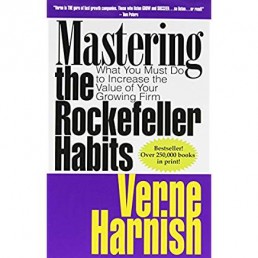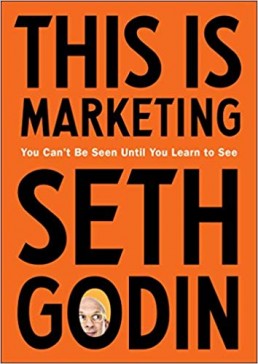To succeed in business, you need to have good operations (production), solid financial management and effective marketing and sales. Most business owners stumble in one of these three areas, so you need to round out your team with staff and consultants who can complement your skills.
And when you start building your team, you'll need to develop your leadership and management skills. Here are a few books to help you wrap your head around these concepts and better your chances for success.
The Farmer’s Office:
Tools, Tips and Templates to Successfully Manage a Growing Farm Business
You decided to become a farmer because you love being outside, working the land and making a difference in the way we eat and farm.
And when you decided to become a farmer, you also became an entrepreneur and business person. In order to be ecologically and financially sustainable, you must understand the basics of accounting and bookkeeping, and learn how to manage a growing business.
Author Julia Shanks distills years of teaching and business consulting with farmers into this comprehensive, accessible guide. She covers all aspects of launching, running and growing a successful farm business through effective bookkeeping and business management, providing tools to make managerial decisions, apply for a loan or other financing, and offering general business and strategy advice for growing a business.
Whether you’ve been farming for many years or just getting started, The Farmer’s Office gives you the tools needed to think like an entrepreneur and thoughtfully manage your business for success.
The Lean Farm:
How to Minimize Waste, Increase efficiency, and Maximize Value and Profit for Less Work
To many people today, using the words “factory” and “farm” in the same sentence is nothing short of sacrilege. In many cases, though, the same sound business practices apply whether you are producing cars or carrots. Author Ben Hartman and other young farmers are increasingly finding that incorporating the best new ideas from business into their farming can drastically cut their wastes and increase their profits, making their farms more environmentally and economically sustainable. By explaining the lean system for identifying and eliminating waste and introducing efficiency in every aspect of the farm operation, The Lean Farm makes the case that small-scale farming can be an attractive career option for young people who are interested in growing food for their community. Working smarter, not harder, also prevents the kind of burnout that start-up farmers often encounter in the face of long, hard, backbreaking labor.
Lean principles grew out of the Japanese automotive industry, but they are now being followed on progressive farms around the world. Using examples from his own family’s one-acre community-supported farm in Indiana, Hartman clearly instructs other small farmers in how to incorporate lean practices in each step of their production chain, from starting a farm and harvesting crops to training employees and selling goods. While the intended audience for this book is small-scale farmers who are part of the growing local food movement, Hartman’s prescriptions for high-value, low-cost production apply to farms and businesses of almost any size or scale that hope to harness the power of lean in their production processes.
This is Marketing:
You Can't Be Seen Until You Learn to See
This is Marketing shows you how to do work you're proud of, whether you're a tech startup founder, a small business owner, or an executive at a large corporation. Great marketers don't use consumers to solve their company's problem; they use marketing to solve other people's problems. Their tactics rely on empathy, connection, and emotional labor instead of attention-stealing ads and spammy email funnels. When done right, marketing seeks to make change in the world.
No matter what your product or service, this book will teach you how to reframe how it's presented to the world, in order to meaningfully connect with the people who want it. Seth employs his signature blend of insight, observation, and memorable examples to teach you:
* How to build trust and permission with your target market.
* Why the best way to achieve your marketing goals is to help others become who they want to be.
* Why the old approaches to advertising and branding no longer work.
* The surprising role of tension in any decision to buy (or not).
* How marketing is at its core about the stories we tell ourselves about our social status.
You can do work that matters for people who care. This book shows you the way.
Mastering the Rockefeller Habits:
What You Must Do to Increase the Value of Your Growing Firm

What are the underlying handful of fundamentals that haven't changed for over a hundred years? From Harnish's famous One-Page Strategic Plan to his concise outline of eight practical actions you can take to strengthen your culture, this book is a compilation of best practices adapted from some of the best-run firms on the planet. Included is an instructive chapter co-authored by Rich Russakoff, revealing winning tactics to get banks to finance your business. Lastly, there are case studies demonstrating the validity of Harnish's practical approaches.


